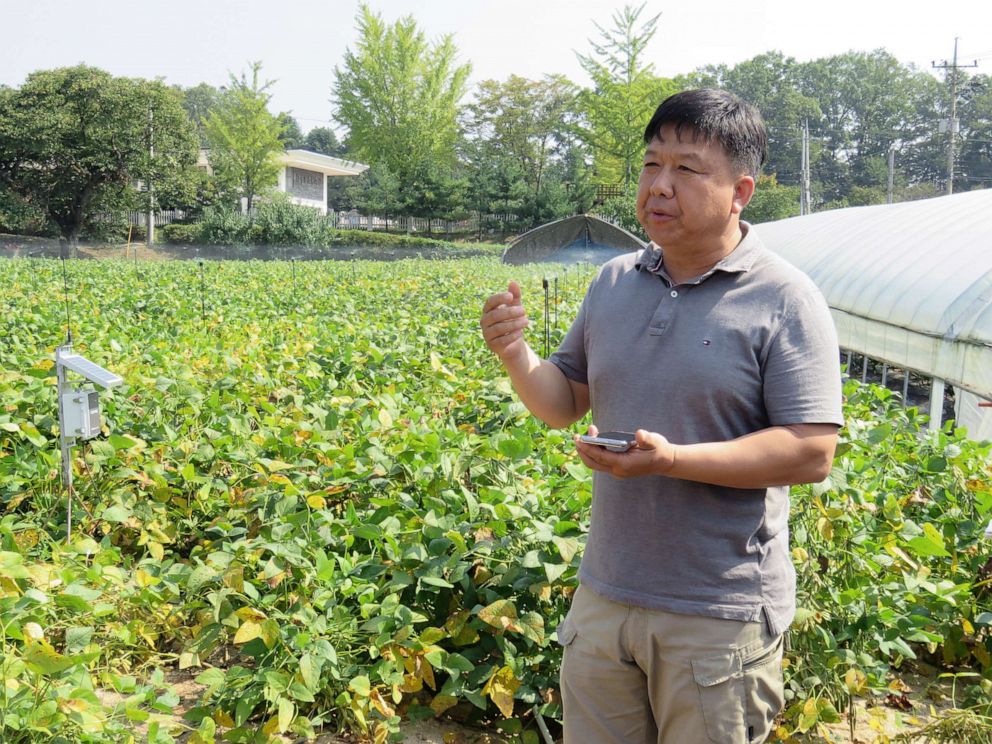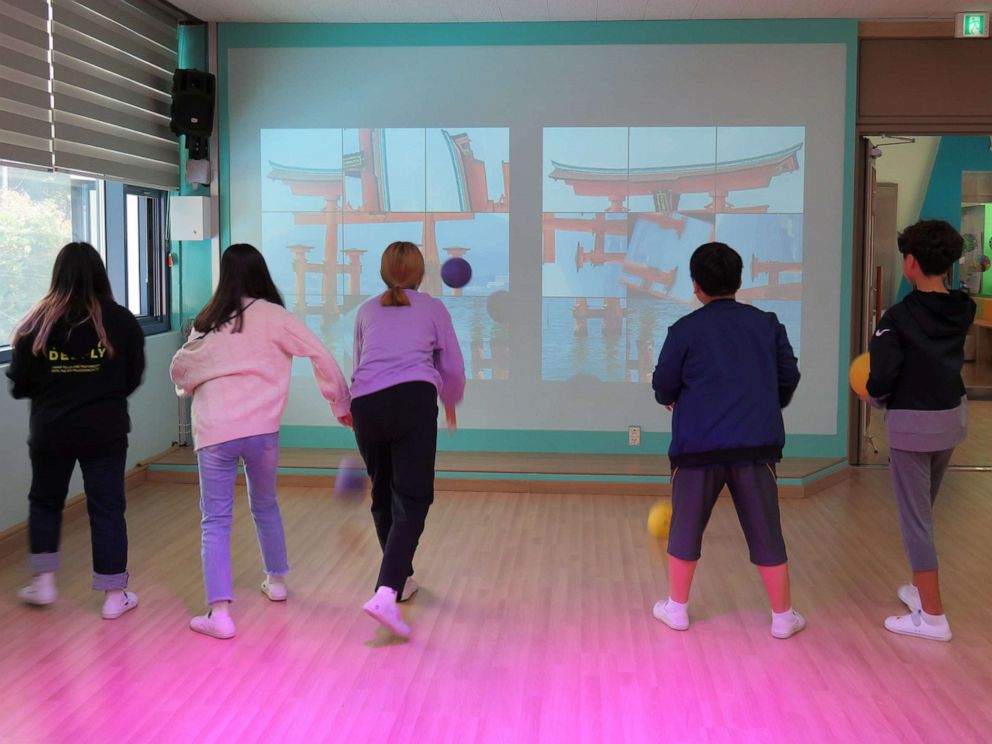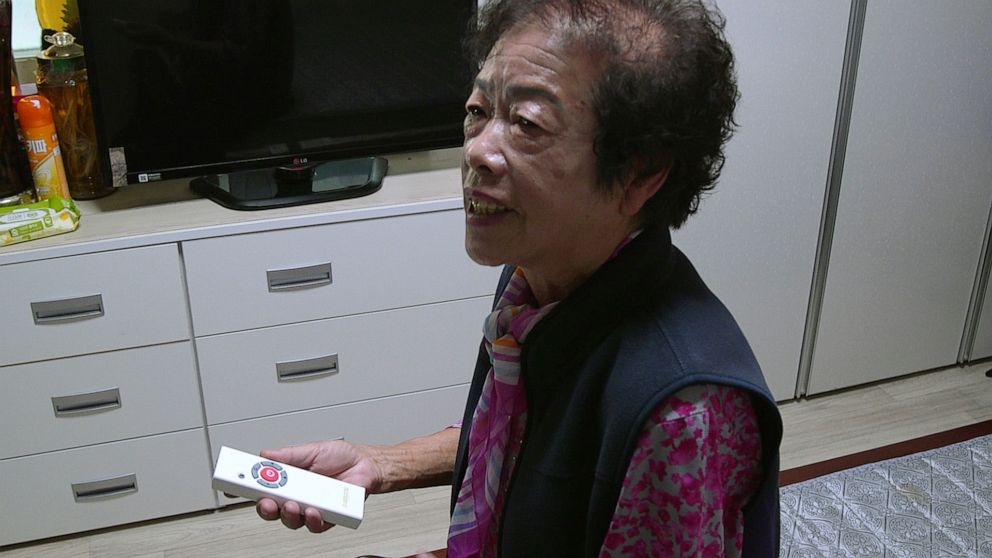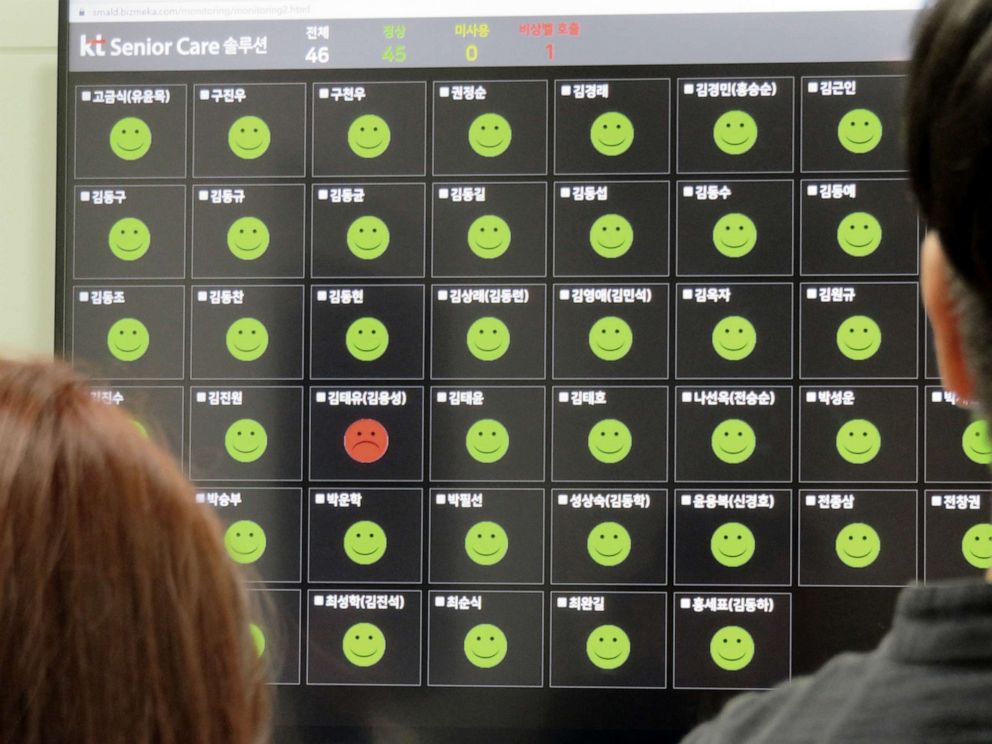A tiny South Korean village in the DMZ looks to the future with 5G network
5G network is changing the lifestyle of a village in the South Korean DMZ.
Tae Sung Dong, a small village of 188 people tucked in the middle of the demilitarized zone dividing North and South Korea, is getting a full taste of how life could change thanks to the potentially transformative next-generation-technology 5G network.
Villagers there, mostly farmers, lived under strict rules for decades due to its proximity so close to the North. Under the jurisdiction of the United Nations Command, anyone entering or leaving this peculiar village must be accompanied by soldiers.
Kim Dong Ku, the mayor of Tae Sung Dong, says it used to take an hour to open the waterway from the irrigation reservoir 1.2 miles away from his house. He would have to call the soldiers to settle on the exact time to meet up near his house. Soldiers would come, and together they would walk or drive to one of the two reservoirs, then open the waterway. Duty soldiers also had to make sure that Kim is back in his house after the trip.
Now, the mayor can open and close waterway with a flick of his finger using the 5G network-based remote control system, at home.
“A remote control system to oversee the town allowed me to spend more time with family,” Kim explained. “A 5G system has made our lives so much easier than before.”

Korea Telecom, the largest mobile service provider in South Korea, has been providing the isolated town with internet services since 2001. The company aimed to solve the inconvenience of moving about within the village and lack of public infrastructure like police station, medical clinic and sports centers by implementing 5G-based technology.
5G -- the fifth-generation mobile network -- is expected to support "smart homes and buildings, smart cities, 3D video, work and play in the cloud, remote medical services, virtual and augmented reality, and massive machine-to-machine communications for industry automation," which 3G and 4G networks have trouble supporting, according to the International Telecommunication Union, which is involved in developing the standards for 5G.
Several countries have started testing the technology, according to ITU. Korea is one of the leaders in deploying the technology, with a reported 1.2 million users, but consumers have reported quality issues, according to the Financial Times, citing industry data. It has also sparked health fears.

This autumn, Tae Sung Dong is harvesting beans from its first so-called ‘smart’ farm. Based on an artificial intelligence analytics system, sensors detect soil conditions such as humidity and nutrition which the farmer can check through a mobile app.
“With this smartphone app, I can water the crops even when I am out of town,” farmer Kim Yong Sung said.
Three months have passed since the 5G-based Information and Communications Technology services were installed here. Senior citizens, who compose 40 percent of the population in the town, said they were especially relieved by the installation of an emergency call signal, since there are no doctors or police officers in the village of 46 households.
“I feel relieved knowing that I can push the emergency button and someone will know immediately I need help,” 73-year-old Ko Keumshik, whose house is only 400 yards away from the military demarcation line, told ABC News. “My husband and I may collapse and run about in confusion not knowing what to do, but now it’s just one button.”

When a household pushes the emergency button, a message is sent to the mayor, who then drives to the relevant house to take care of the situation. Also the "current status" screen in the town hall immediately will show a change from a green smiley face to a red angry face. The 5G network connects all 46 households across the village in an attempt to look out for their safety and convenience.
The cutting-edge technology also helped the town's 35 elementary school students. When the 5G network-based Mixed Reality (MR) screen sports are available in other elementary schools, students will be given a chance to play sports simultaneously with the children far apart, according to the Physical Education instructor Lee Jong Won, who taught at Tae Sung elementary school for two years.
Children can exercise indoors even in case of rainy weather or dusty air. MR screen sports, unlike the more prominent AR or VR sports, do not require an additional head gear and still provides an authentic virtual reality. Under a 5G network, motion-recognition technology captures the sports games on screen with the lowest latency possible.
“I can play basketball, soccer using the MR sports indoors,” Hong Jimin told ABC News. “There was a limitation to the activities inside the classroom, but now we can play various sports games and have fun.”

ABC News’ Joohee Cho and Hansol Park contributed to this report.




